Hill Country Summer Institute
- -
- Online
- 13 CPE Credits
- $180

Welcome
The Hill Country Summer Institute (HCSI) 2026 is a dynamic, two-day virtual conference designed to address the most critical and timely issues impacting today’s school-based professionals. This summer, join colleagues from across the region for high-quality professional learning tailored specifically for:
- Speech-Language Pathologists (SLPs)
- Speech-Language Pathology Assistants (SLPAs)
- Educational Diagnosticians
- School Psychologists
- Counseling as a Related Service Providers
Targeted Learning. Practical Application. Meaningful Impact.
HCSI 2026 features multiple content strands developed to meet the unique needs of each professional group. Participants can expect relevant, research-based sessions with practical strategies that can be implemented immediately in school settings.
All attendees will also come together for a featured Keynote Legal Update presented by Elvin Houston of Walsh Gallegos, providing important legal insights and guidance for school-based service providers.
Conference Details
- Each session is 3.25 hours (3.0 hours of content plus a 15-minute break).
- All sessions will be recorded.
- Recordings are provided as bonus content only and do not offer additional Region 13, NASP, or TSHA continuing education credit.
- Recorded sessions will be available through August 17, 2026.
- Participants must attend at least one live-broadcast session to access recorded sessions.
Continuing Education Credits
Participants may earn up to:
- 13.0 Region 13 E-Campus CEs
- 12.0 NASP CPDs
- 12.0 TSHA CEUs